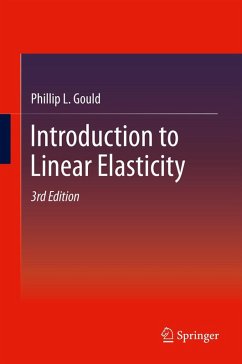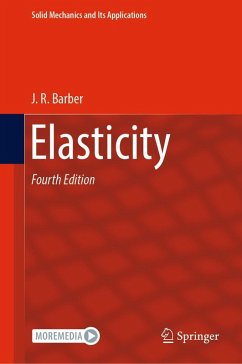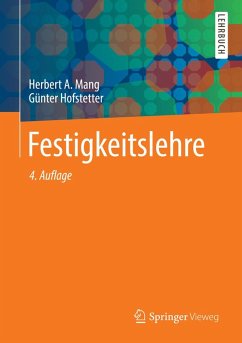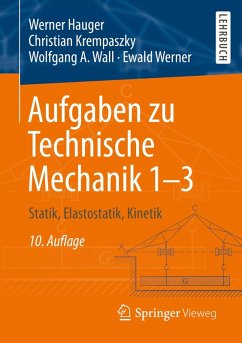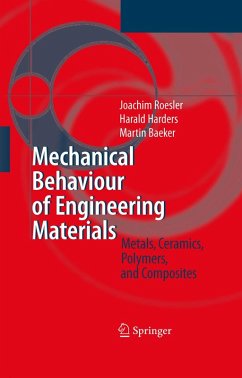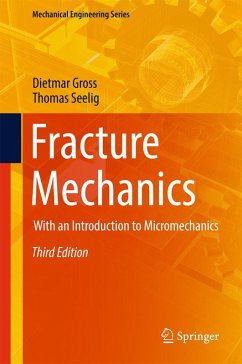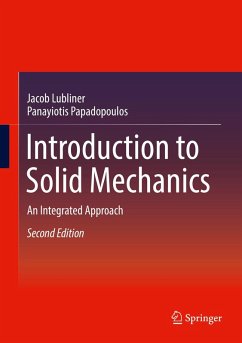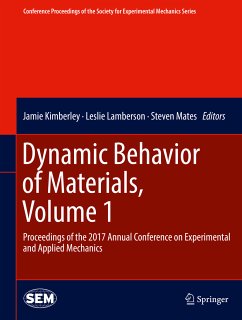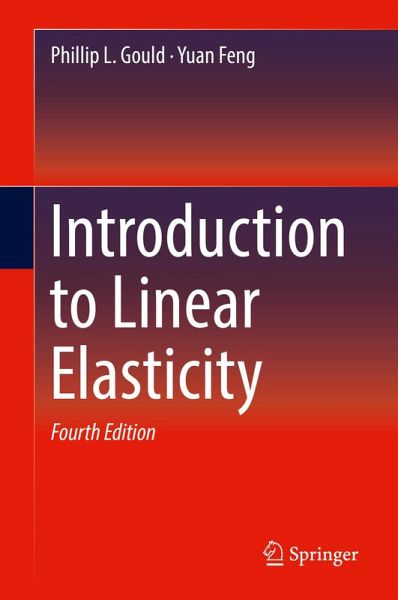
Introduction to Linear Elasticity (eBook, PDF)
Versandkostenfrei!
Sofort per Download lieferbar
68,95 €
inkl. MwSt.
Weitere Ausgaben:

PAYBACK Punkte
34 °P sammeln!
This augmented and updated fourth edition introduces a new complement of computational tools and examples for each chapter and continues to provide a grounding in the tensor-based theory of elasticity for students in mechanical, civil, aeronautical and biomedical engineering and materials and earth science. Professor Gould's proven approach allows faculty to introduce this subject early on in an educational program, where students are able to understand and apply the basic notions of mechanics to stress analysis and move on to advanced work in continuum mechanics, plasticity, plate and shell t...
This augmented and updated fourth edition introduces a new complement of computational tools and examples for each chapter and continues to provide a grounding in the tensor-based theory of elasticity for students in mechanical, civil, aeronautical and biomedical engineering and materials and earth science. Professor Gould's proven approach allows faculty to introduce this subject early on in an educational program, where students are able to understand and apply the basic notions of mechanics to stress analysis and move on to advanced work in continuum mechanics, plasticity, plate and shell theory, composite materials and finite element mechanics. With the introductory material on the use of MATLAB, students can apply this modern computational tool to solve classic elasticity problems. The detailed solutions of example problems using both analytical derivations and computational tools helps student to grasp the essence of elasticity and practical skills of applying the basic mechanics theorem.
Dieser Download kann aus rechtlichen Gründen nur mit Rechnungsadresse in A, B, BG, CY, CZ, D, DK, EW, E, FIN, F, GR, HR, H, IRL, I, LT, L, LR, M, NL, PL, P, R, S, SLO, SK ausgeliefert werden.



